The new coronavirus (Covid-19) is spreading very quickly and everyone is susceptible to the pandemic. In attempt to slow the spread of coronavirus we’re being told to wash our hands more, preferably with soap and water, or failing that, use hand sanitisers. The resulting rush to buy hand sanitisers has led to empty shelves in both supermarkets and chemists and online.
Hand sanitiser is possible to make at home however the required supplies in order to make it are becoming harder to find. Downton Distillery is looking to make several batches in bulk which we will place within the surrounding area once we have the supplies in place. You will be required to bring along your own sanitiser bottles and refill them.
Once the stock is in situ, we will inform you where it is.
Making hand sanitiser:
There are several ways to make hand sanitiser and the recipe below is from the Spruce.com. If you have surgical spirits at home, you can use this.
- Combine in a bowl / 157ml surgical spirits / 78 ml aloe vera gel / stir
- Decant into a soap or pump bottle / give a vigorous shake
Aloe vera is used as a moisturiser to stop your skin drying out, preventing your skin cracking, since cracks can increase the risk of bacterial infection. Glycerol can be used as a substitute for aloe vera gel, it’s a lot cheaper but you may wish to add some rose water to provide a more fragrant smell.
The main active ingredient in this sanitiser is the isopropyl alcohol (isopropanol). Most commercial hand sanitisers contain either ethanol, isopropanol, n-propanol or a combination of any two.
Mixtures of 60%-80% ABV kill microorganisms, so the 66% alcohol concentration in the recipe works only if pure “surgical spirits” are used. Be warned having looked at Amazon, it sells pre-prepared working dilutions that sit between 50% and 70%, to be used directly on surfaces. These when mixed with distilled water fall below the required threshold making them non-effective.
Ethanol can also be used to make sanitiser and vodka could potentially be used. Most Vodka is 40% ABV which is not effective to be used within hand sanitiser. There is an exception which is ‘Balkan 176’, the strongest vodka available in the UK, which is 88% ABV but it is already sold out on most websites.
What Distillers are doing:
As distillers work with ethanol in the creation of gin, we are fortunate to be able to help those in need by creating hand sanitiser using the biproducts of the process. This is then mixed with glycerol, hydrogen peroxide and purified water and essence to provide a more fragrant smell. Distillers will be using the guidelines set out by the World Health Organisation (WHO). These guidelines were responsible for controlling the Sars and Mers viruses. These were also coronaviruses and are related to the virus that has caused COVID-19.
NHS has also indicated that 60% ABV solutions are just as effective.
If you wish to read or use the WHO Handrub Formulations






